|
We regularly see the same questions asked over and over in RV forums and Facebook groups. So we put together a list of FAQs for new RVers. Some of these are geared more toward a life of full-time travel; others are for anyone who owns an RV. We hope these are helpful as you begin your RVing adventure, whether just for the weekend or for months or years at a time.
See our answers to your RV Frequently Asked Questions!1. What do you do about mail if you are living in your RV full-time and do not have a permanent physical residence?
Full-time RVers have several options when it comes to getting mail.
A. Establish your "permanent residence" at the home of a trusted family member. This is what we chose to do. All of our mail goes to one place. We know we will visit family throughout the year, so we can pick up our mail at that time, and we can have items we want but don't urgently need sent there as well. If mail is delivered there and we urgently need it, our family member can send it to us at whatever post office is closest to us at the time, which brings me to option B. Tip: We also have absolutely everything we possibly can set for paperless billing. Cell phone bill? Paperless. Bank statement? Paperless. Insurance? Also paperless. To enjoy a life of travel, use technology to your advantage. B. If you need something sent to you quickly, have it sent via General Delivery to your nearby post office. Tip: I always call ahead or stop by the post office in person to introduce myself, verify the address, and make certain that they do not have any quirky rules for receiving General Delivery mail. Keep in mind that this will not work for FedEx or UPS packages. C. Use a mail delivery service like myRVmail.com through Passport America or Escapees Mail Service. We have not found a need for a service like this, but these are commonly used among full-time RVers. 2. What do you do about insurance for your RV?
I've heard some people say that you can't tell the insurance company you're living in your RV full-time. That's bologna!
DEFINITELY tell your insurance company that you plan to live in your RV full-time. If you don't tell them and something happens, you run the risk of losing coverage. Some insurance companies apparently do not offer insurance for full-time RVers. But those that do will insure your RV like they would both a car and a house. We have our insurance through Geico. Rates were competitive and they cover everything from accidents on the road to natural disasters. 3. What toilet paper should I use? Can regular toilet paper go in the black tank?
Again, you have a few options when it comes to the potty.
A. Buy the expensive "RV friendly" toilet paper. Tip: We've used this and were not impressed. It's rough and not absorbent and just... ick. B. Buy the toilet paper you normally use and use lots and lots of water when you flush. Tip: We tried this as well. Although it may work okay, the amount of water needed is not conducive to our ideas of conservation. And it is basically impossible when boondocking and trying to conserve both fresh water and space in the black tank out of necessity. We also found that, although most of the toilet paper may flush away fine when we flush the black tank, the censors never worked correctly when we were flushing our toilet paper, leading us to believe that particles of paper were still sticking to the censors, no matter how much water we used or how many times we flushed the black tank. C. Unless it comes out of your body, don't flush it. Buy the toilet paper you normally use and throw it away instead of flushing it into the blank tank. This is the technique we ultimately adopted. Many countries do not have sewage systems that can handle toilet paper and use the "throw it in the waste basket" practice, so this concept was not completely foreign to us. Tip: If you choose to go this route, plan to remove your trash 2-4 times a day, depending on how much time you spend in your RV. We recycle plastic grocery bags for this purpose. 4. What apps can I use to find campgrounds?
We have used both RV Parky and Park Advisor. Of the two, we prefer RV Parky. We have also seen Allstays mentioned several times, although we have not yet used it ourselves.
Other resources for finding campgrounds include the National Park website and State Park websites. Various sites like harvesthosts.com and boondockerswelcome.com charge a small membership fee to connect RVers with RV-friendly businesses and individuals who allow overnight stays on their personal property. 5. What items have you bought for your RV that you have found essential?
My personal favorite is my 3-in-1 Aroma Grillet. I cook almost everything in either that or my small slow cooker, so it gets used on a daily basis. Marvin's favorite is the hot water conversion kit he bought and installed so we could run our hot water heater on electricity.
Hopefully this answers some of your major questions as you begin your RV lifestyle. If you found this information helpful, please hit the "Like" button below and share it with your friends! If you have specific questions that haven't been answered here, please feel free to comment below!
Also, if you haven't already, take a look at our RVing Essentials lists (Part 1, Part 2, Part 3), as well as our DIY projects (Part 1, Part 2, Part 3) and our set-up and tear-down checklists. *Please note that, while we have included two Amazon affiliate links, and we will receive a small commission should you decide to purchase either of these products, these are products we personally use and love. If you like our blog, please help support us by purchasing through the links provided. Thanks, all!
0 Comments
Leave a Reply. |
Welcome to exquisit
|
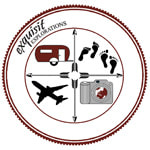
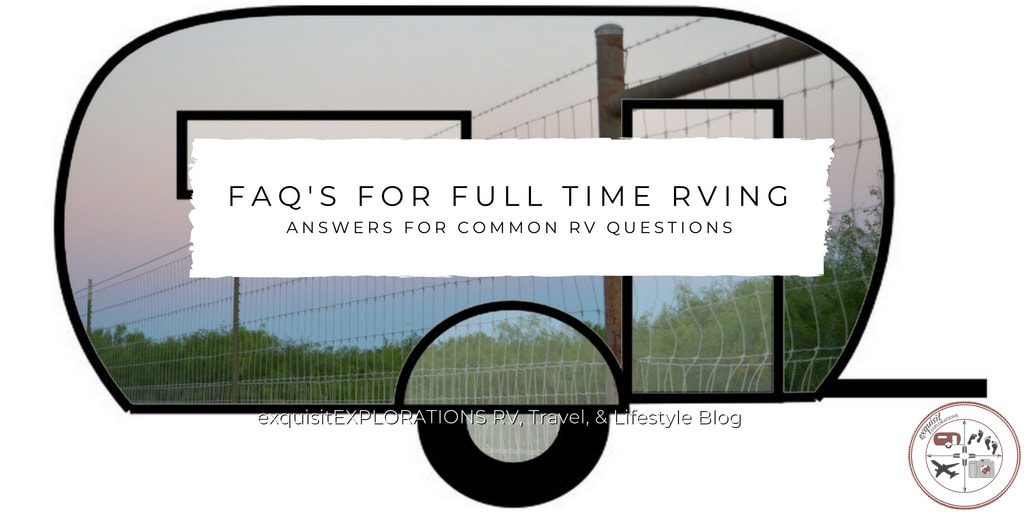
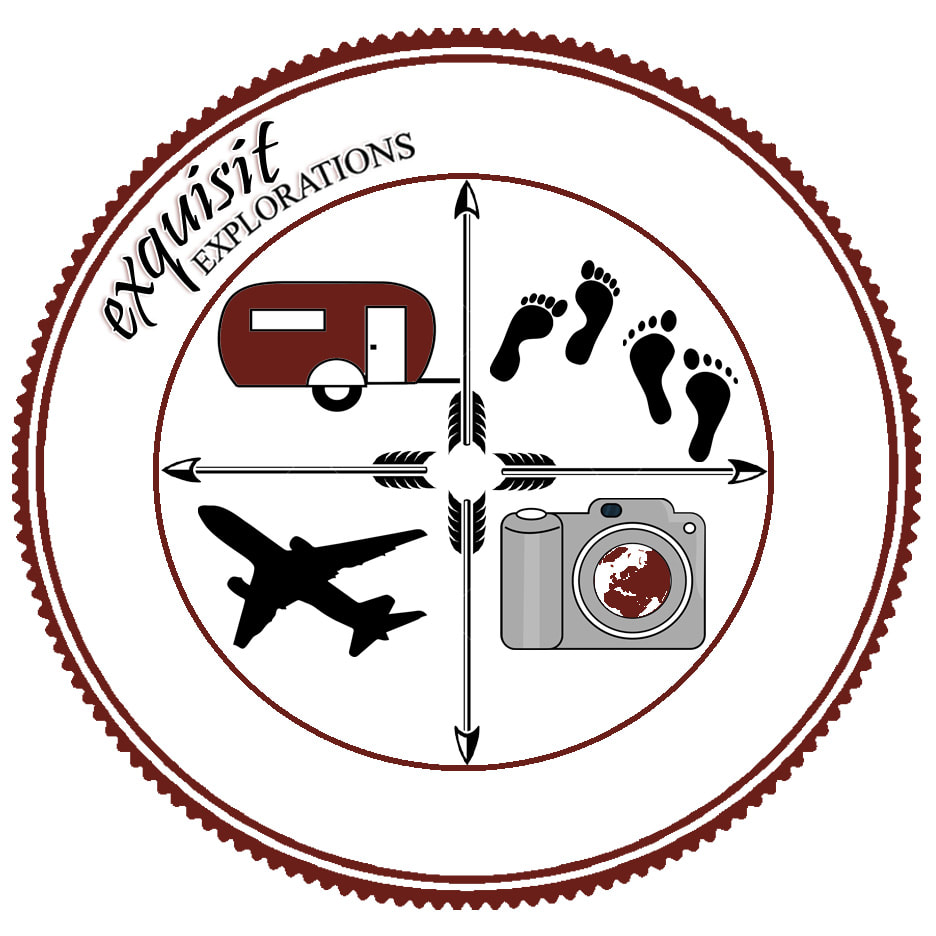
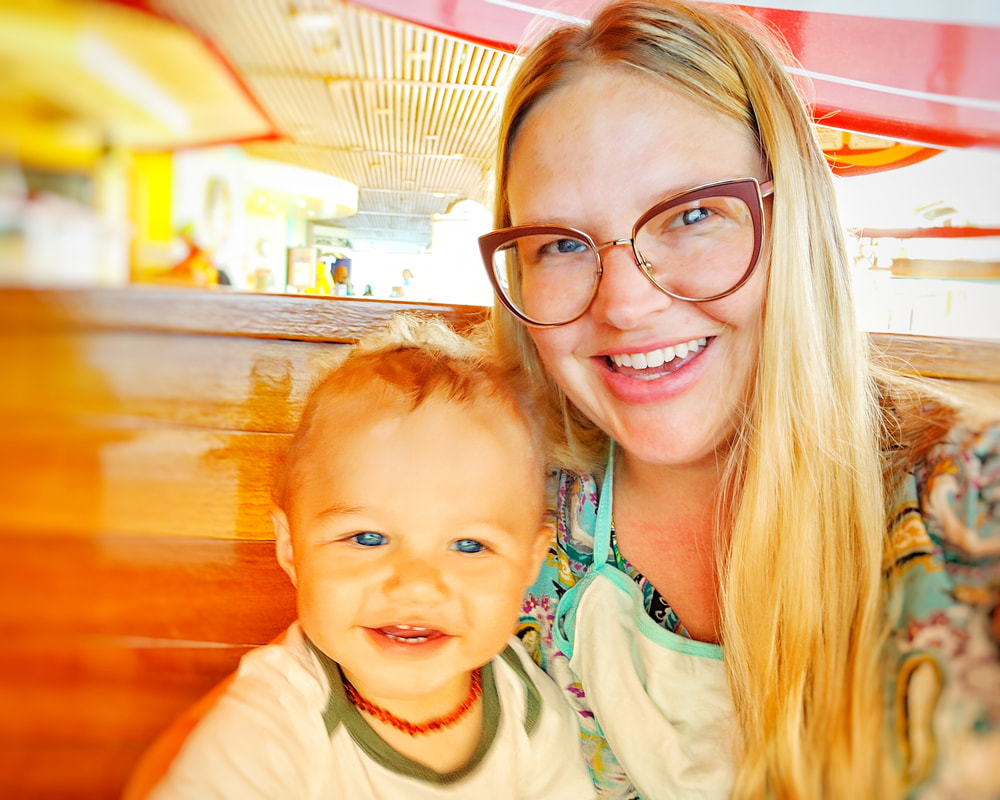
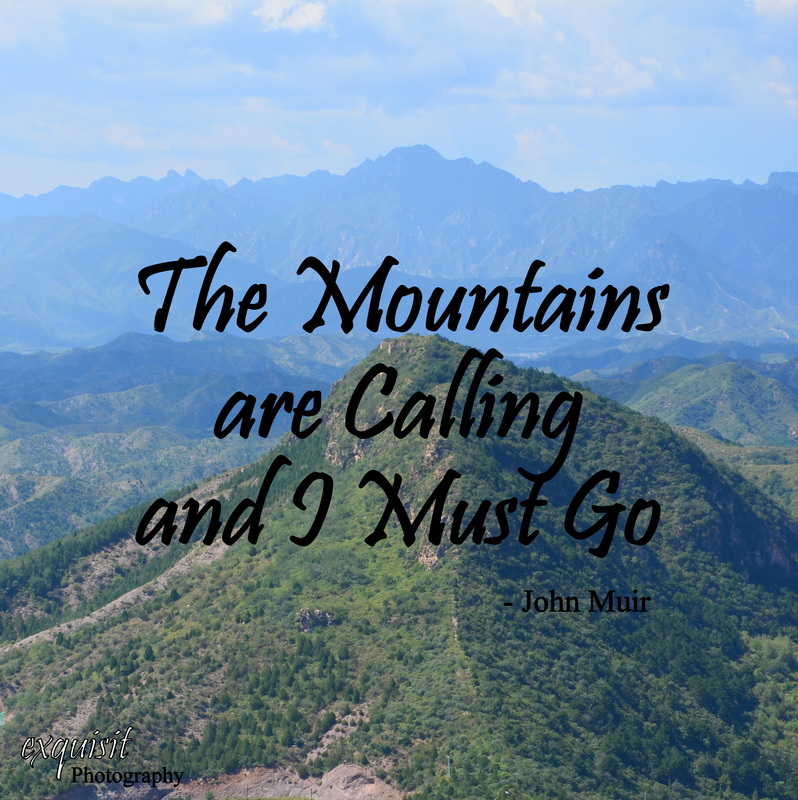
 RSS Feed
RSS Feed
